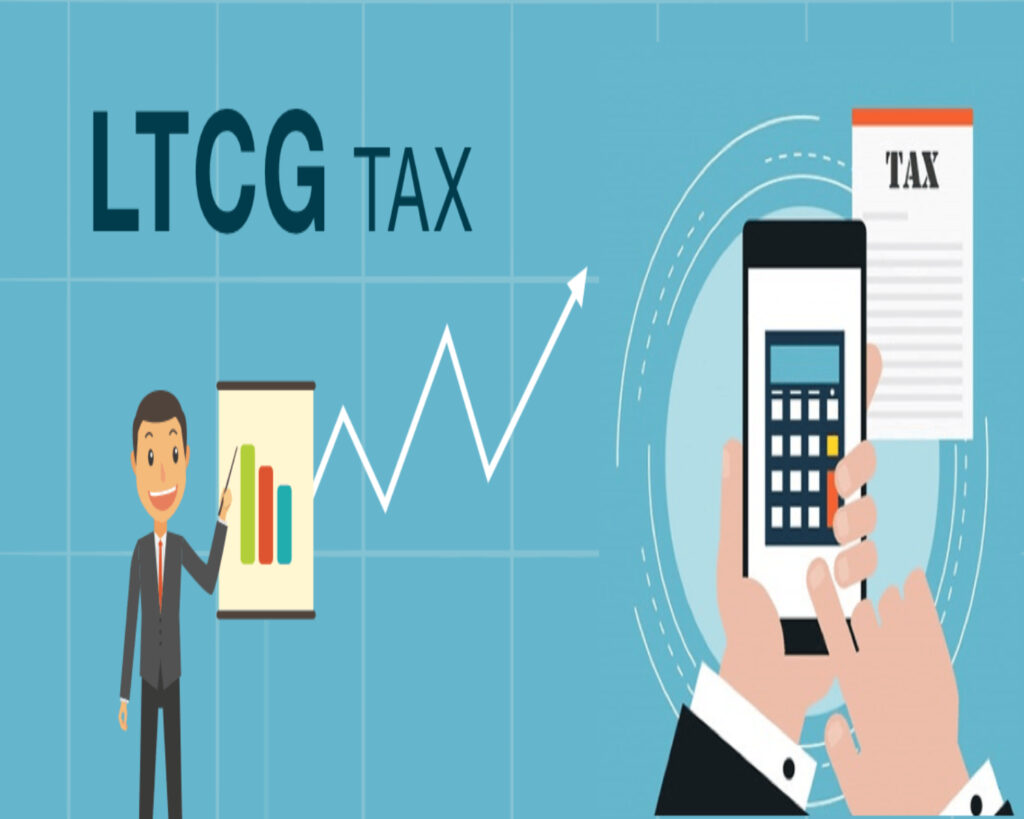Adjust Capital Gains Against Basic Exemption Limit to Reduce Income Tax

It is necessary to understand the basic terms related to income tax:
What is Capital Gain?
The Excess income from the sale or exchange of a capital asset made in the previous financial year is taxable as capital gains under the title or head of capital gains.
The integral words to understand here are what are capital assets, and the gains or profits earned from its sale or transfer.
What is a Capital Asset?

It is an asset which generates an additional value in the long term Example is purchased land, home, commercial property, gold, shares mutual funds.
Capital Assets are of two kinds:
- Short term capital assets are those that are held by the owner for 12 months or less.
- Long term capital assets-Assets that are held by the owner for more than a year.
The revised provisions for the financial year income tax returns on capital gains are
Equity-based, Short-term capital gains are taxable at a rate of 15% flat. Long term capital gains on equity-oriented investments other than equity investments is exempted up to Rs. one lakh but beyond a lakh, it is taxed at 10%.
The Exemption limit for income tax deductions of several age groups are as follows:
- 80years and above- Rs 5 lakh
- 60-80 years- Rs 3lakh
- Up to 60 years – Rs 2.50 lakh
How to adjust your capital gains in case of a deficit in tax payable of personal income as explained by Balwant Jain, Chief Editor of Apna Paisa.
An example will help you understand easily and clearly-
The income for the year after claiming all deductions is- Rs 1,70,000
The long term capital gains for the financial year is -Rs 1,00,000
The income taxable is above Rs 2,50,000
There is a difference between Rs.2,50,000-1,70,000= Rs80,000
This adjustment may be made with the capital gain that is the difference Rs 1,00,000- 80,000= Rs 20,000.
Rs.20,000 will be the amount on which the tax of 10% will be calculated. Through this method, you have reduced your payable tax on capital gains.
The laws of income tax in India allow persons paying tax to make adjustments in the total taxable income if it is much below the exempted level. The term set off means adjusting the losses against the gain or profit of the particular year. It could be intra-head setoff or an inter-head set-off.
Another example is
The taxable income after all deductions is Rs.1,00,000.
The short term capital gains on the sale of listed equity shares- Rs 5,00,000.
The difference of the income taxable slab for a person aged less than 60 years is Rs2,50,000-1,00,000= 1,50,000.
The difference can be adjusted with the short term capital gains Rs 5,00,000-Rs 1,50,000=Rs 3,50,000.
Tax will be payable 15% on Rs 3,50,000
The income tax laws are not specific regarding how the shortfall can be utilized by the taxpayer.
This adjustment order is valuable information for the taxpayer.


 ITAT Amritsar: No Section 269SS Violation for One-Time Cash Payment Before Sub-Registrar
ITAT Amritsar: No Section 269SS Violation for One-Time Cash Payment Before Sub-Registrar  Tax Officials Unleash Digital Dragnet: How New Raid Powers Redefine Privacy, Property Rights in India and likely to Fuel Corruption
Tax Officials Unleash Digital Dragnet: How New Raid Powers Redefine Privacy, Property Rights in India and likely to Fuel Corruption  Income Tax Department Rewards for Reporting Tax Evasion: A Comprehensive Guide
Income Tax Department Rewards for Reporting Tax Evasion: A Comprehensive Guide  Forfeiture of Gratuity by Employer- What are the Remedies for an employee- Can employer be challenged?
Forfeiture of Gratuity by Employer- What are the Remedies for an employee- Can employer be challenged?  Employer can forfeit gratuity of an employee in case of moral turpitude
Employer can forfeit gratuity of an employee in case of moral turpitude  Diving Deeper: The Impact of the New Tax Bill on Dairy and Farming Income
Diving Deeper: The Impact of the New Tax Bill on Dairy and Farming Income